Primus Green Energy to Launch Commercial Gas-to-Liquid Plant
Primus Green Energy of Hillsborough, NJ, has announced its plans to launch its first commercial gas-to-liquid plant. In the official press release, the gas-to-liquids technology and commercial solutions company stated that the plant is scheduled to commence production in 2017 for regional distribution to the Marcellus shale region. The plant will deliver 160 megatons on methanol per day.
Primus Green Energy also noted that three additional plants are in the works for the following years. These will increase its capacity to 640 tons per day.
Primus STG+™ Technology
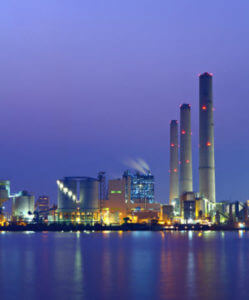 All upcoming plants will use Primus Gas-to-Methanol STG+™ Systems, the company’s standardized modular gas-to-liquids systems. Described as a cost-effective solution to the lack of a natural gas pipeline in remote locations, these work with a variety feedstock types and can produce AA-grade methanol anywhere a feed gas source is located.
All upcoming plants will use Primus Gas-to-Methanol STG+™ Systems, the company’s standardized modular gas-to-liquids systems. Described as a cost-effective solution to the lack of a natural gas pipeline in remote locations, these work with a variety feedstock types and can produce AA-grade methanol anywhere a feed gas source is located.
These will convert Marcellus feedstock into methanol locally, resulting in lower production and transportation costs for regional clients that usually source methanol from international areas and the US Gulf Coast.
In addition, Sam Golan, chief executive officer of Primus Green Energy, said the plant will present clients with a great deal of benefits. “The launch of our North American methanol plant in the Marcellus and additional commercial builds to follow for our clients globally demonstrate how Primus’ standardized, modularized STG+ solutions can provide world-class economics in smaller distributed plants,” he said. “In North America specifically, our technology offers clients a politically-stable, cost-effective avenue for local methanol and gasoline production, and we look forward to continuing to provide the industry with this domestic solution.”
Offtake Agreement with Tauber Oil
 Primus Green Energy also confirmed that the company has signed an offtake agreement with Tauber Oil for its first upcoming plant. According to the official announcement, Tauber Oil will offtake all of the methanol that the plant produces to market, sell, and distribute to the regional market.
Primus Green Energy also confirmed that the company has signed an offtake agreement with Tauber Oil for its first upcoming plant. According to the official announcement, Tauber Oil will offtake all of the methanol that the plant produces to market, sell, and distribute to the regional market.
For Primus Green Energy, working with Tauber Oil will allow the company to provide local methanol to more clients in the region.
In the announcement, George Boyajian, chief commercial officer of Primus Green Energy said, “Working with Tauber – an established methanol distributer with an extensive client roster and deep market knowledge – allows us to confidently deploy our system to arguably the largest shale play in the United States.”
For Tauber Oil, partnering with Primus Green Energy will help to create an environmentally friendly way to provide their customers with a cost-effective, high-quality product. “With its uniquely attractive economics, Primus’ technology has the ability to produce methanol at a competitive price at regional scale in the Marcellus,” said Steven Elliott, vice president of petrochemicals at Tauber Oil. “As a result, the system will provide our customers with a high-quality product at an advantaged price, while – at the same time – reducing the carbon footprint associated with the production and transportation of both natural gas and methanol.”
Interconn Resources, a subsidiary of Tauber Oil, has also signed on to supply natural gas to the plant.
CPV Manufacturing is a leading manufacturer of valves and fittings used in the gas industry. Learn more about our product lines or contact us directly.

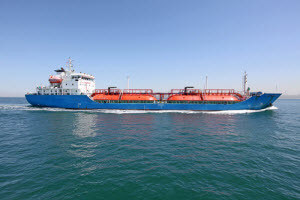 Natural gas can be created from waste, including food waste in landfills and agricultural waste on farms. By taking this waste and using technology, we can turn it into RNG which can be used to power of fuel anything that’s already running on natural gas, including our vehicles.
Natural gas can be created from waste, including food waste in landfills and agricultural waste on farms. By taking this waste and using technology, we can turn it into RNG which can be used to power of fuel anything that’s already running on natural gas, including our vehicles. 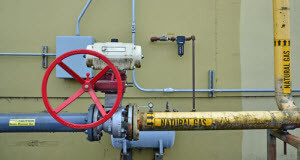
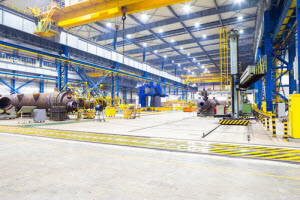
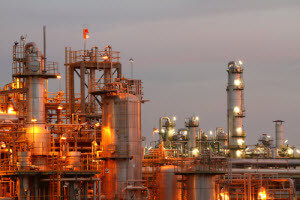 Users can find practical ways of exploring existing assets, discovering unseen relationships, and improving opportunities.
Users can find practical ways of exploring existing assets, discovering unseen relationships, and improving opportunities.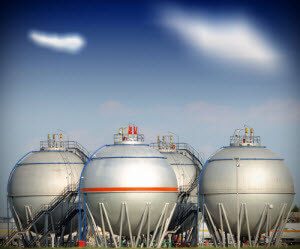 This attack was launched to stop the gas production in Saudi Arabia’s largest exporter within the Organization of the Petroleum Exporting Countries (OPEC). While the attack didn’t disrupt production, it affected 30,000 computers and was “one of the most destructive cybersecurity strikes against a single business,” according to the
This attack was launched to stop the gas production in Saudi Arabia’s largest exporter within the Organization of the Petroleum Exporting Countries (OPEC). While the attack didn’t disrupt production, it affected 30,000 computers and was “one of the most destructive cybersecurity strikes against a single business,” according to the  Many people in this report also revealed that they aren’t confident in their organizations’ security or ability to identify the attacks. Tim Erlin, director of security and IT risk strategist at Tripwire, said that the industry should focus on reducing the number of attacks by eliminating threat actors and reducing the overall attack surface.
Many people in this report also revealed that they aren’t confident in their organizations’ security or ability to identify the attacks. Tim Erlin, director of security and IT risk strategist at Tripwire, said that the industry should focus on reducing the number of attacks by eliminating threat actors and reducing the overall attack surface.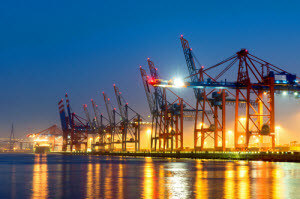 They’re
They’re 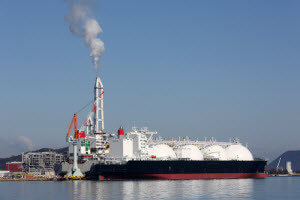 When discussing the terminal’s capabilities when announcing the opening, Harvey Gulf officials stated that this terminal meets all US LNG safety and fire code requirements. They also said that it can deliver LNG at the rate of 550 gallons per minute. The facility’s maximum onsite storage capacity is 270,000 gallons, held by 90,000-gallon USG type-C vacuum-insulated tanks.
When discussing the terminal’s capabilities when announcing the opening, Harvey Gulf officials stated that this terminal meets all US LNG safety and fire code requirements. They also said that it can deliver LNG at the rate of 550 gallons per minute. The facility’s maximum onsite storage capacity is 270,000 gallons, held by 90,000-gallon USG type-C vacuum-insulated tanks.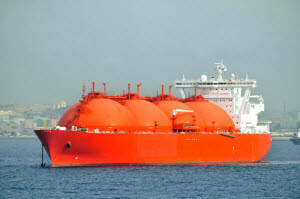 MarineInsight
MarineInsight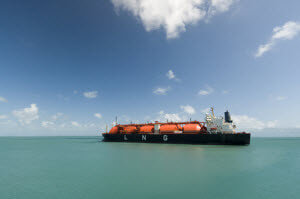 Technigaz originally designed the Mark-III tank. Its primary membrane consisted of stainless steel, and its secondary membrane was made of triplex and polyurethane foam reinforced with fiberglass.
Technigaz originally designed the Mark-III tank. Its primary membrane consisted of stainless steel, and its secondary membrane was made of triplex and polyurethane foam reinforced with fiberglass.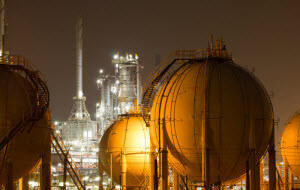 LNG Industry discusses the expansion production infrastructure that addresses the concerns of end users, such as supply availability, proximity, and reliability.
LNG Industry discusses the expansion production infrastructure that addresses the concerns of end users, such as supply availability, proximity, and reliability.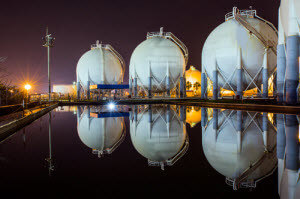 While the project begins with just one liquefaction train, it continues until it contains six liquefaction trains at full build-out.
While the project begins with just one liquefaction train, it continues until it contains six liquefaction trains at full build-out.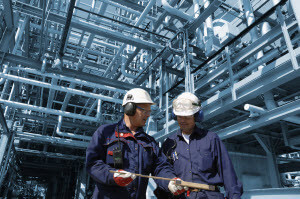
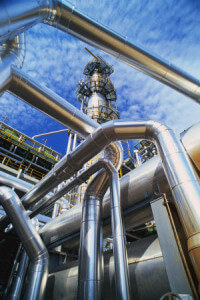
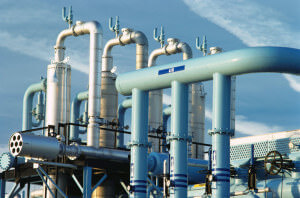 Annex VI defines two sets of emission and fuel quality requirements: global requirements and more stringent requirements applicable to ships in ECAs. An ECA can be designated for SOx and PM, NOx, or all three types of emissions from ships, subject to a proposal from a Party to Annex VI.
Annex VI defines two sets of emission and fuel quality requirements: global requirements and more stringent requirements applicable to ships in ECAs. An ECA can be designated for SOx and PM, NOx, or all three types of emissions from ships, subject to a proposal from a Party to Annex VI. Cryogenic valve product lines are used in various applications and designed to perform and function in excessive conditions and temperatures. It’s important that your valves are durable and work properly in order for them to last.
Cryogenic valve product lines are used in various applications and designed to perform and function in excessive conditions and temperatures. It’s important that your valves are durable and work properly in order for them to last.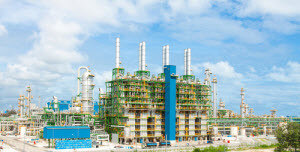 Ethane is a by-product of natural gas and predicted to be in demand in the coming years, like other NGLs.
Ethane is a by-product of natural gas and predicted to be in demand in the coming years, like other NGLs. Liquefying petroleum gases for transport requires lowering the temperatures. The more the temperature needs to be lowered, the more problems arise. Ethane is one of the most technically difficult gasses to ship.
Liquefying petroleum gases for transport requires lowering the temperatures. The more the temperature needs to be lowered, the more problems arise. Ethane is one of the most technically difficult gasses to ship.